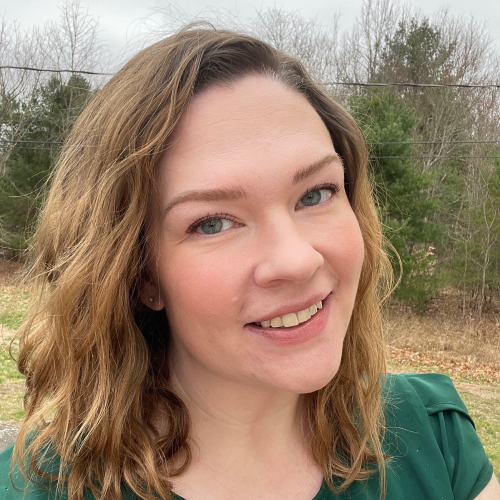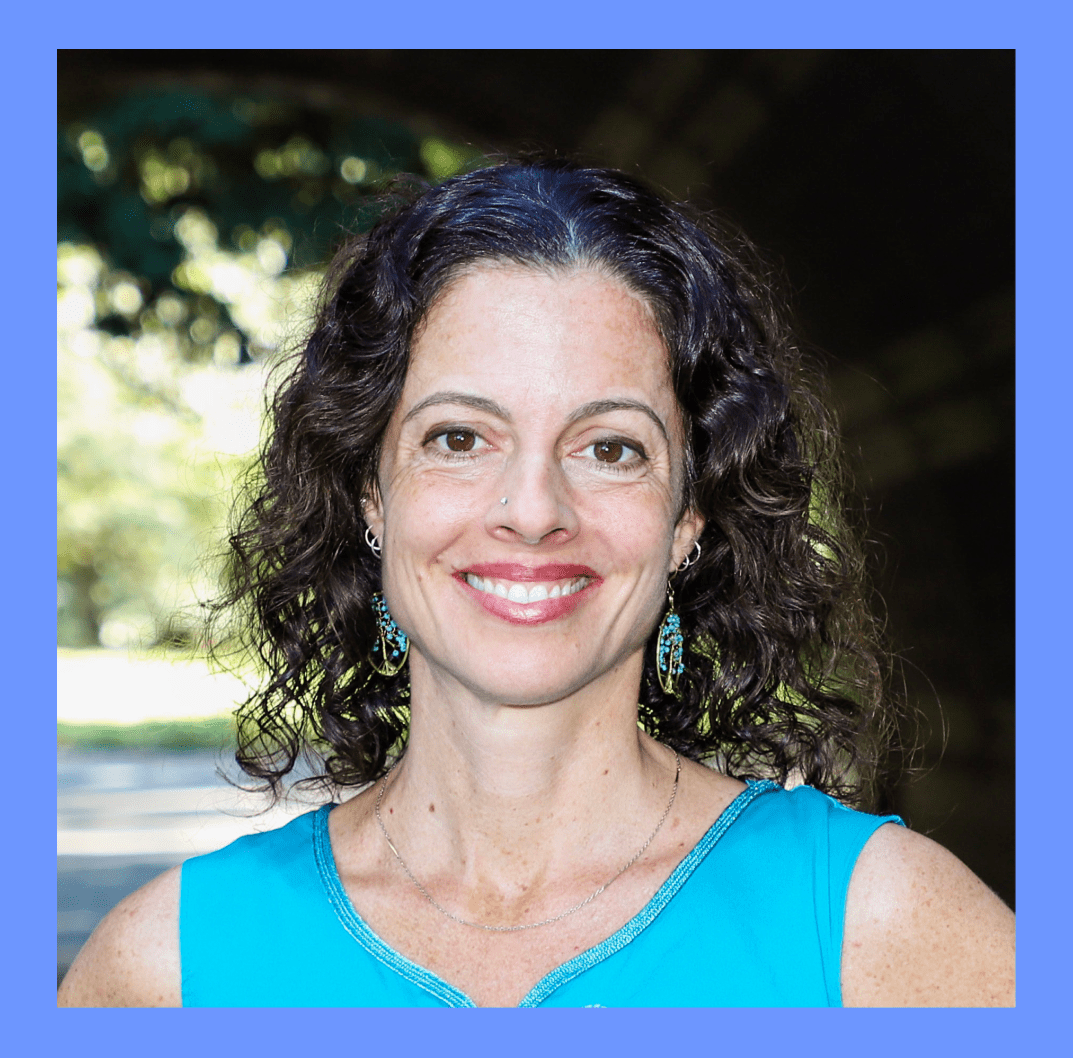
Published on Apr 14, 2025
Last modified on Apr 14, 2025
Meet Kara Govoni, CNM, MSCP: On Caring for Women in Life’s Most Vulnerable Stages
4 min read
Kara Govoni, CNM, MSCP has dedicated her career to helping women through vulnerable life experiences, from pregnancy and birth, to sexual dysfunction, to midlife and menopause. Now a member of Elektra’s growing clinical team, Kara discusses how her career path has taken shape, and what it means to truly show up for women.
What inspired you to become a Certified Nurse-Midwife?
I always knew that I wanted to be in healthcare — and have always had a mind for science, but there’s so many different ways in, so picking a path in was a process of narrowing down. I became interested in the prospect of advanced practice nursing, which allows you to do much of what a doctor does, but within the nursing model. The nursing model is by nature holistic, and involves taking a look at all the potential influences on health for a patient.
During nursing school, I began shadowing midwives. When I went on vacation, I would try to find a local midwife to shadow — I wanted to learn about what the practice and life of a midwife looked like. I saw how much midwifery care prioritizes shared decision making and felt so aligned with that philosophy.
What’s a common misconception about midwives that you’d like to see change?
There’s many different types of midwives: lay midwives, certified professional midwives, and certified nurse-midwives (CNMs) — who you can think of like OB/GYN nurse practitioners (NP). CNMs (like myself) can do everything but surgery. Yes, we catch babies, but we’re also prescribing birth control, performing pap smears, and tending to the routine needs of women’s sexual health outside of obstetrics.
You’re also a Sexuality Counselor and currently working towards an AASECT certification. What led you down this path?
Some years back, I realized I was seeing many women for annual exams complaining of no libido and that, despite my education, I had few resources to help them. I asked around, and in my practice of 15 providers — including CNMS, physicians, and NPs — most of them weren’t equipped or interested in working with women with low libido. I was curious about what further education around sexuality would look like, and after connecting with an AASECT provider (American Association of Sexuality Educators, Counselors and Therapists) who happened to also be a CNM, decided that this was a way for me to better help women.
Everyone has a sexual identity whether they’re partnered or not, and this has unfortunately been dismissed by the health and behavioral health system. It gives me so much joy to break through this with people and say “you’re normal, here’s education, here’s what you can do.” I feel like my main goal in life is to help women through vulnerable times, validate that they’re normal, and validate that they’re allowed to have good sex.
I feel like my main goal in life is to help women through vulnerable times, validate that they’re normal, and validate that they’re allowed to have good sex.
From attending births to providing routine gynecologic care to sexuality counseling, and now menopause…you’ve had a wide range of experience serving women’s health needs. What then led you to menopause care?
When I began offering Sex Counseling in my place of work, I found that at least 50% of my patients were perimenopausal. Many of them were miserable, struggling with hot flashes and other symptoms. I had found, then, another vulnerable area for women and thought to myself — “ how are we not providing this care?”
The more I began to study, I learned that the answers are there, we just haven’t been looking for them. Right now, since most of us aren’t taught about menopause in nursing or medical school, you have to self-study, seek out additional courses, and become a member of the Menopause Society. For me, being a midwife for 13 years has been about listening to women and identifying gaps in the health system where clinicians don’t seem educated. Midwife women actually means “with women” and that’s really what I’m doing.
Midwife women actually means “with women” and that’s really what I’m doing.
You’re also a professional organizer in your free time — what does that look like? And how do your organization skills lend themselves to your practice?
The act of organizing is very calming for me. If you can believe it, it’s actually really fun! I love being able to make a tangible difference in someone’s living space. Like menopause, organizing is an overwhelming area, and many people don’t have the time or skills to deal with it. Similarly, sexual health can feel like a puzzle. You have to understand each area to address the full picture.


